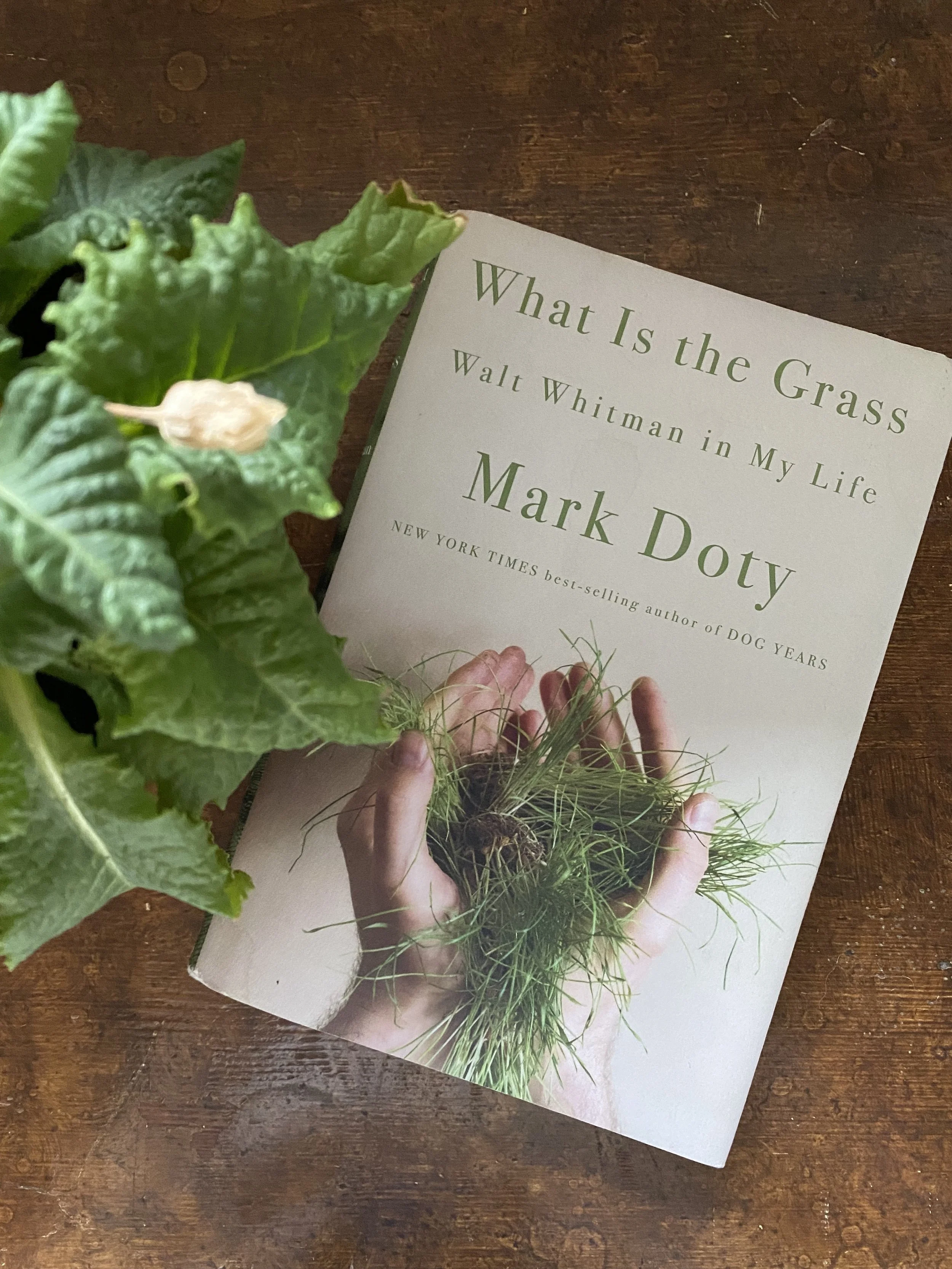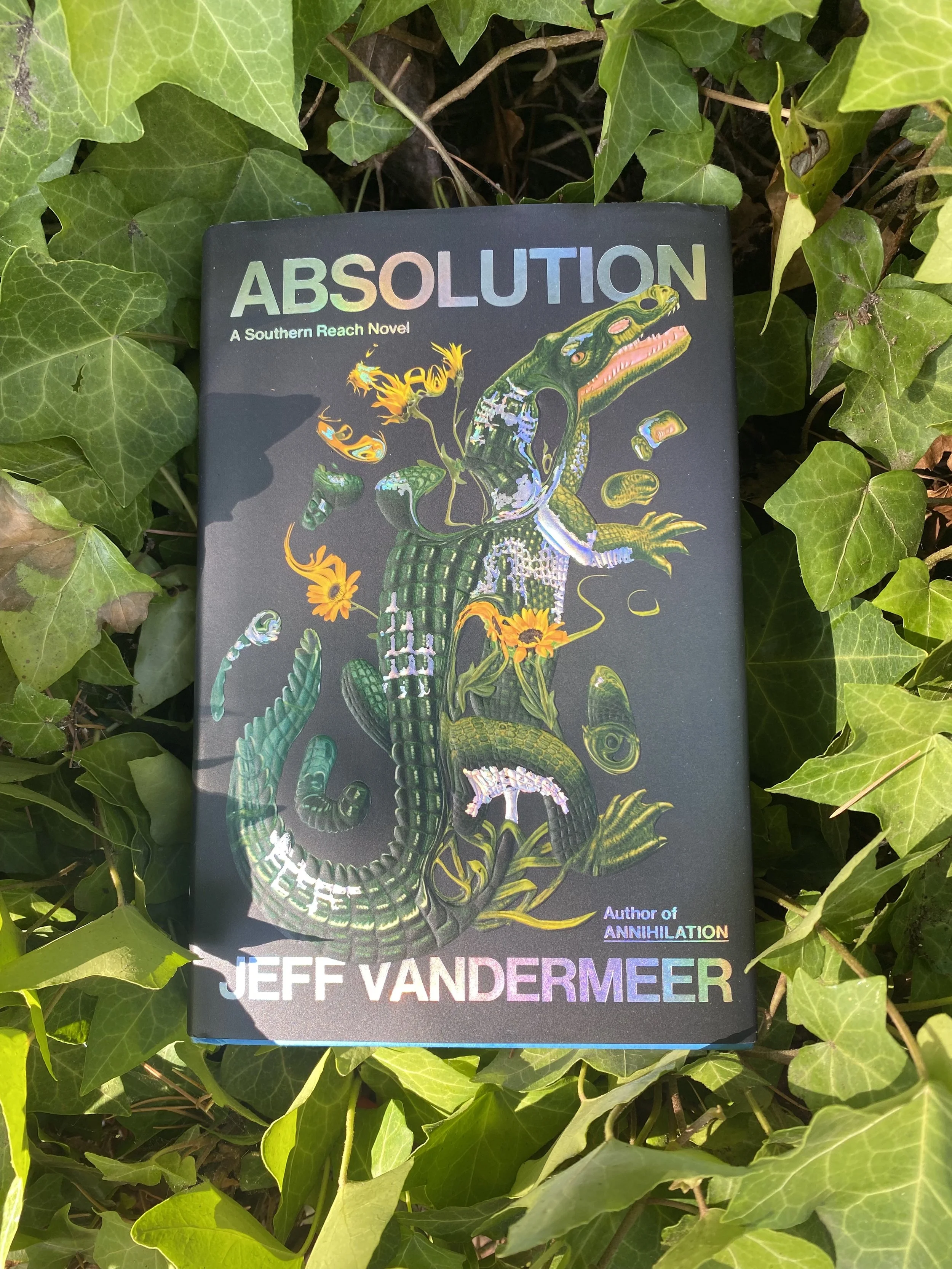5/5 stars
What's it about? In essays both personal and intellectual, poet Mark Doty celebrates the impact of Walt Whitman — his spirit and his work — on the development of his own craft and identity. A rich, endearing read.
How’d I find it? Whitman seems to find me.
Who will enjoy this book? Fellow Whitmanians will gobble up this one. Those interested in contemporary poetics should find much to appreciate.
What stood out? It isn’t quite right to think of What Is the Grass as criticism. It’s more inspiration in action. Doty discusses echoes of Whitman in his life through a fusion of memoir, analysis, and praise, extolling the America imagined by Whitman in Leaves of Grass, a groundbreaking force. Swaths of Whitman’s work anchor each essay, inviting readers to revisit the source material. What Is the Grass argues for poetry’s possibilities.
Which line made me feel something? “What does being on earth ask of us? The world wants to be rescued from evanescence, to be translated into an immaterial realm that does not perish because it was never exactly alive. To become, in other words, poetry”. Shivers.









